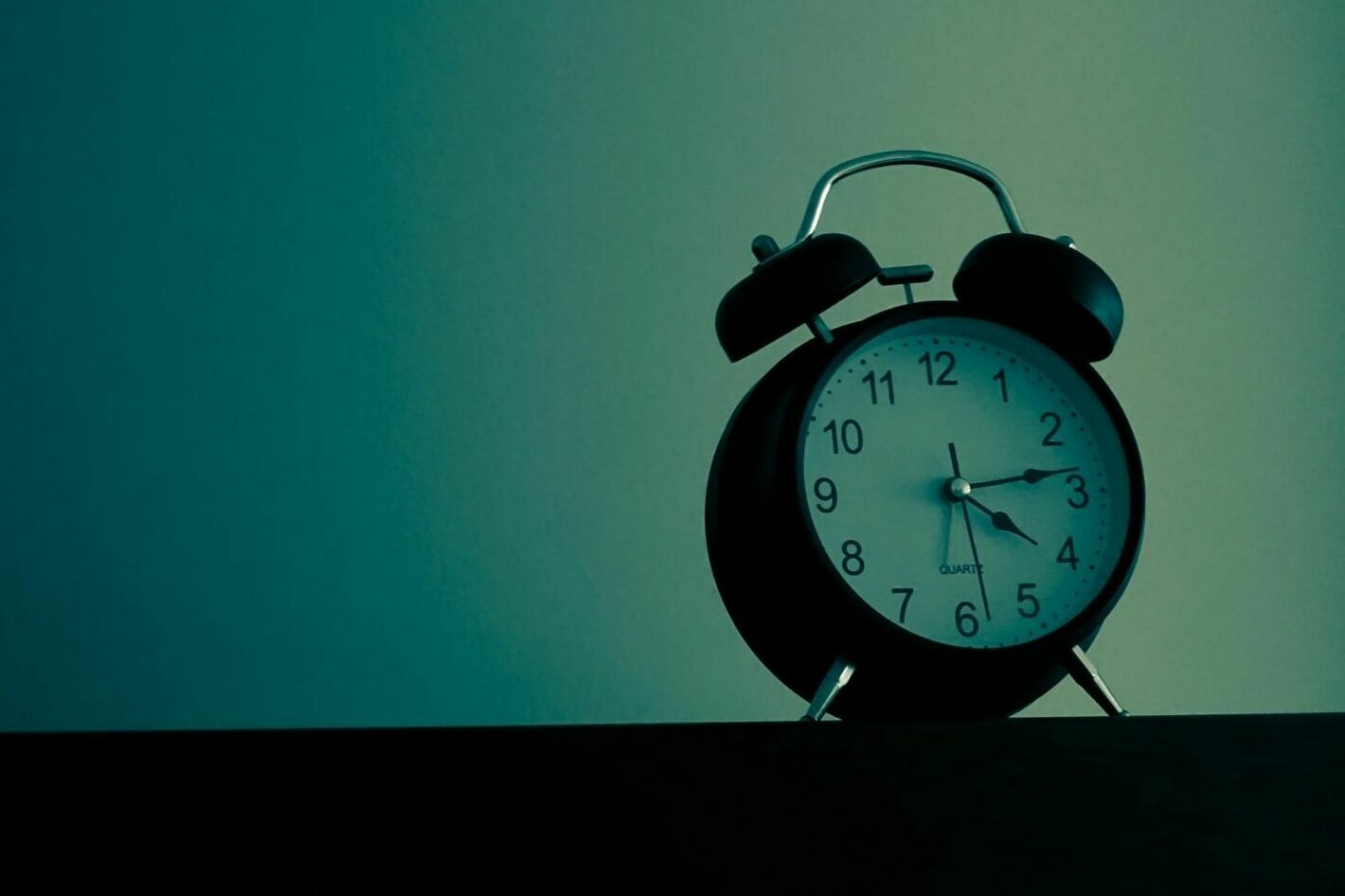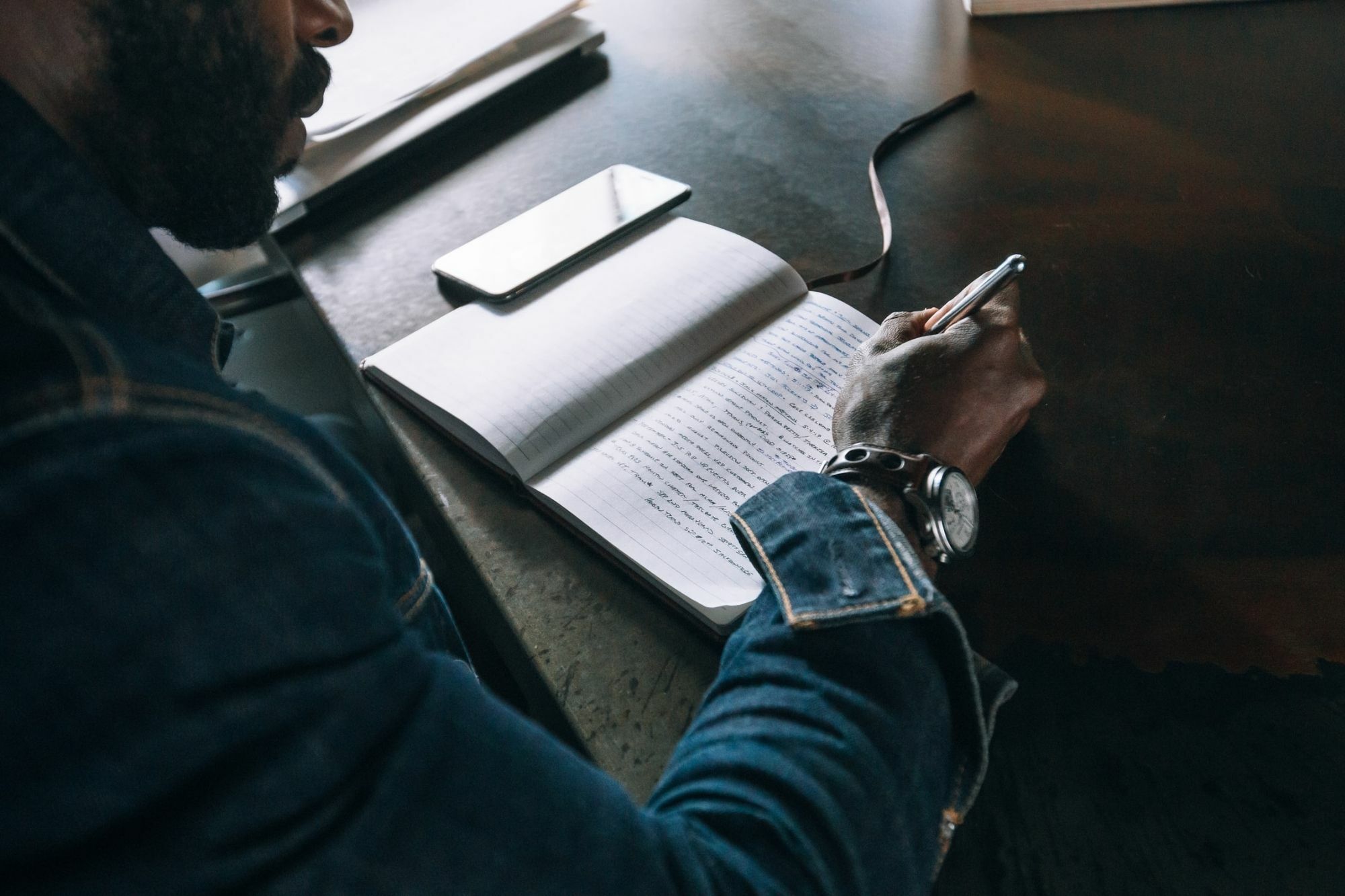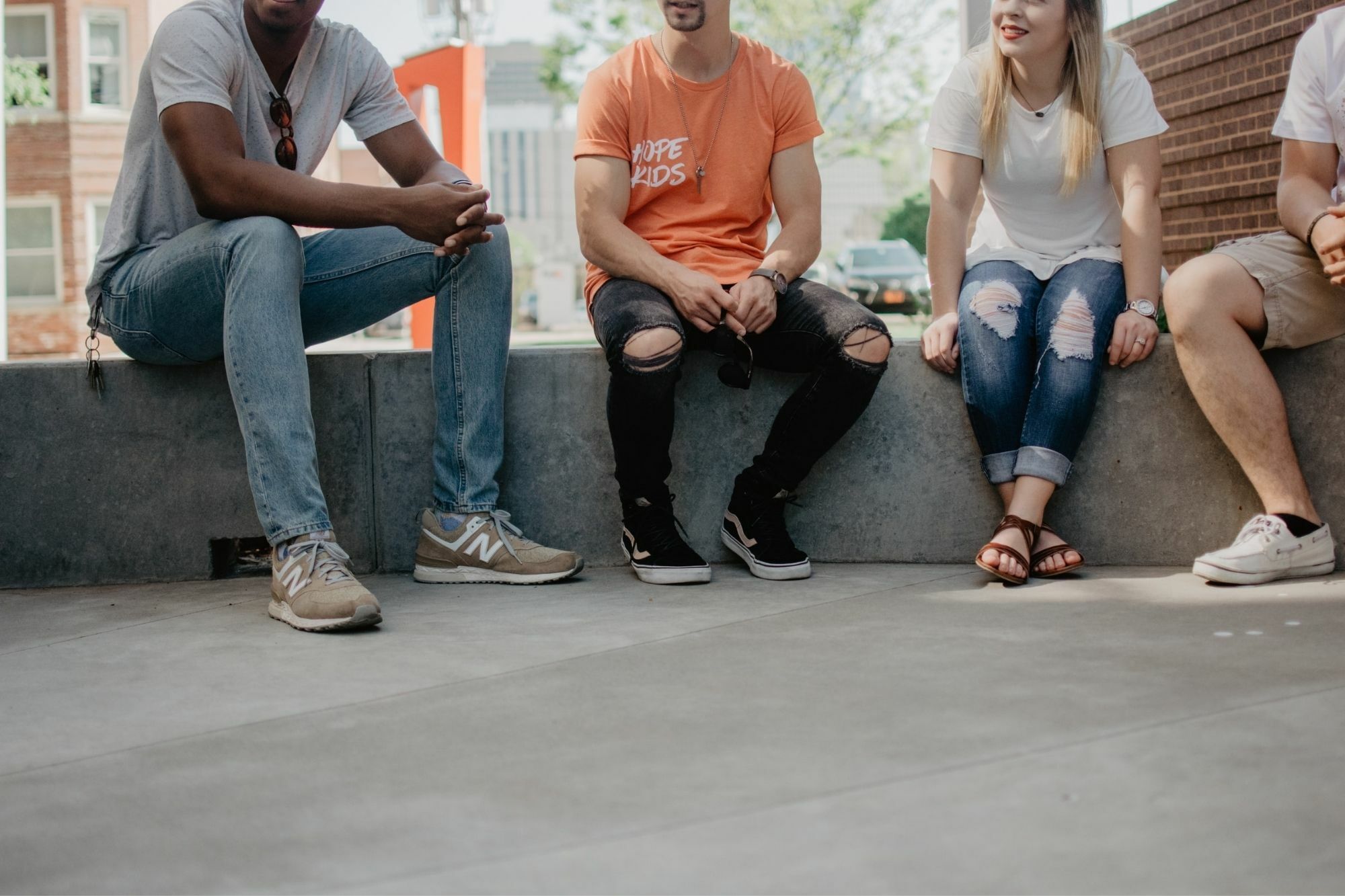Pornography is an issue for young people now, and we must be proactive.
Not all young people have been exposed to pornography – but nearly half (48%) of males have seen pornography by the age of 13 and nearly half (48%) of females by the age of 15.
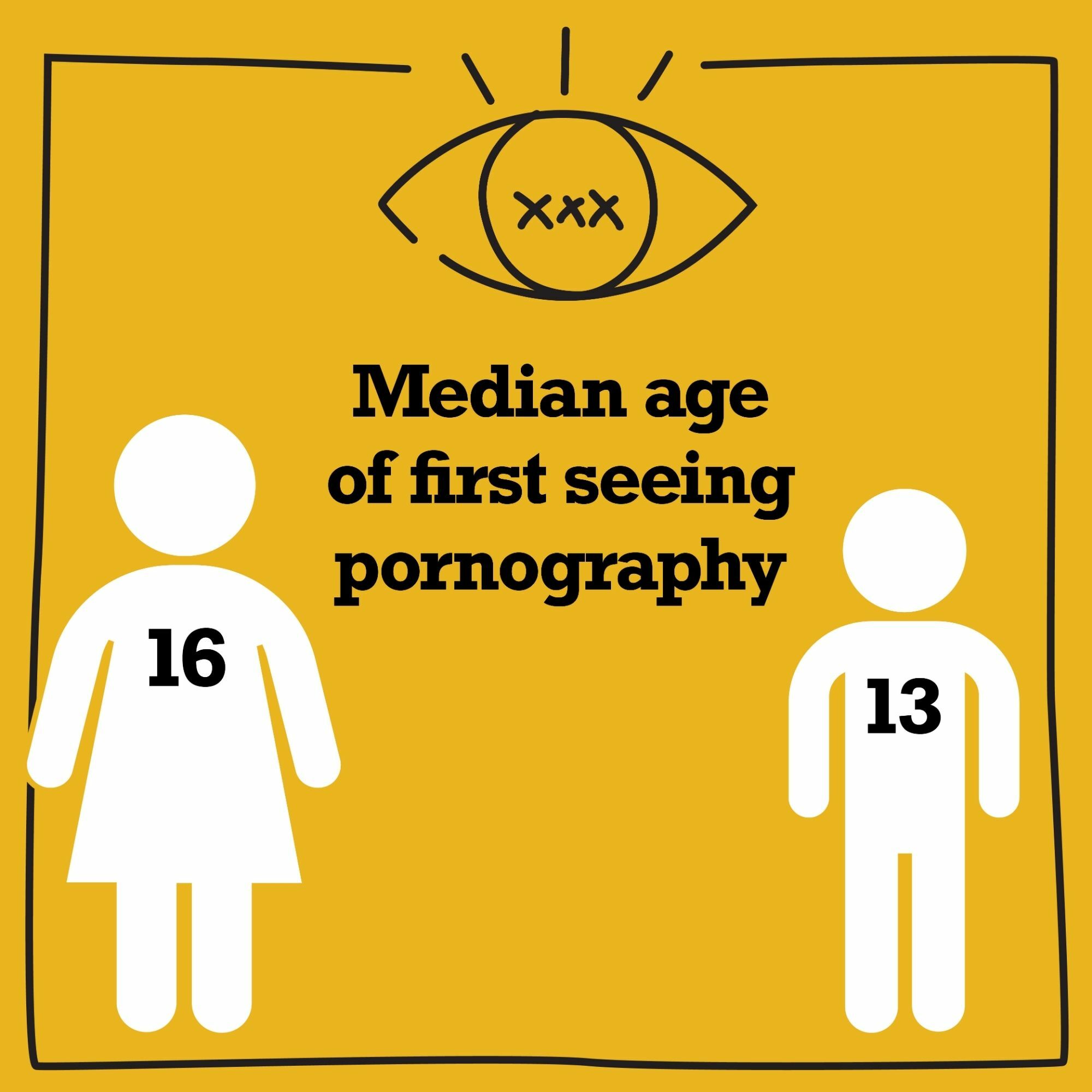
While pornography has become incredibly pervasive in young people’s lives, it is also conveying very concerning messages about relationships, sex, men and women.
Young people are using pornography as sex education
We know that a high rate of young people use pornography as a source of information to learn about sex and sexual relationships (60% of young men and 41% of young women report having done so in the last 12 months). They’re turning to pornography for sex education at much higher rates than they look to parents, teachers and healthcare professionals – even though nearly half of young people (47%) feel that pornography is not at all educational.
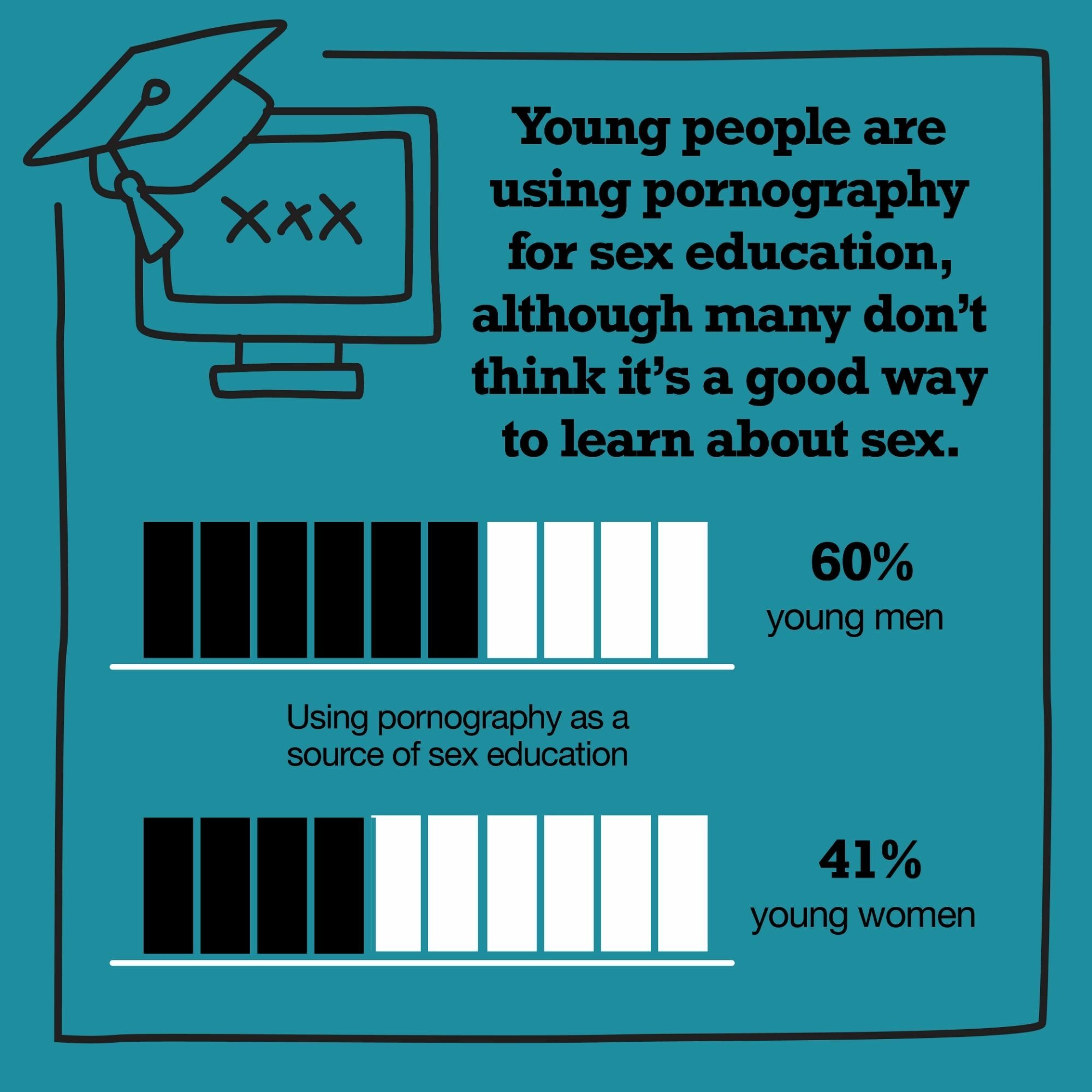
“The best time to talk about pornography with young people is before they see it, the second-best time is now…”
So, what can parents do?
With few other educational options available, and those that do exist struggling to compete with pornography, parents, carers and guardians must be proactive on this issue. Pornography is here, and it’s unlikely to go away. But there are ways we can reduce some of the associated risks and influences on young people.
- We can equip young people to understand pornography’s problematic messages.
- We can support our young people to resist pornography’s influence.
- We can help young people realise that relationships can – and should! – be much better than what pornography presents.
- We can limit young people’s exposure and access to pornography.
Help and support
If a young person needs additional help for their pornography use, they may be able to access support through a student counsellor, wellbeing coordinator, student support services or any other trusted school staff member. Their doctor will be able to help with referrals to services such as counselling and youth services.
If a young person has experienced sex that is unwanted, pressured, coerced or forced, they can get support through a sexual assault service. For a list of sexual assault services in different jurisdictions, see: respect.gov.au/services
If a young man wants to learn about engaging in more respectful relationships, they can contact Mensline Australia on 1300 78 99 78 or via mensline.org.au
If a young person has experienced online bullying, they or a parent can contact the eSafety Commissioner: esafety.gov.au/about-us/how-we-can-help/
Additionally, Kids Helpline supports young people aged 5-25 with a range of issues and can be contacted on 1800 55 1800 or via kidshelpline.com.au

